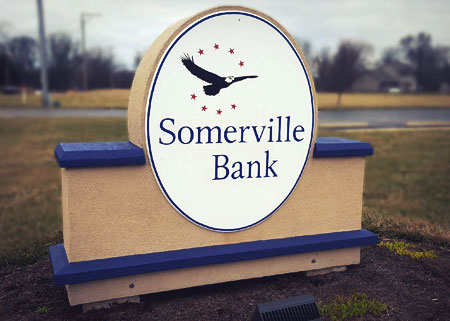According to information released in November of 2017, the average household in the United States has $6,662 in credit card debt. In addition to this, it has been estimated that the consumer who uses a credit card for holiday shopping spends in excess of $1,000. As a result, many find themselves experiencing a massive amount of sticker shock and the effects of a debt hangover as the New Year rolls in and the charge bills start arriving.
Ever-increasing interest rates and only paying minimums result in little to no success in payoffs for many borrowers. If you have credit card debt, it is time to consolidate that debt and work your way to financial recovery. The most positive and productive strategy for succeeding in this endeavor is to take out a personal loan through your bank.
The Steps
In order to consolidate credit card debt with a personal loan, there are a couple of steps that should be taken. First, you will need to make a detailed list of the current balances on all of your credit cards.
When making this comprehensive list, you must be certain to include the interest rates of each, as well as the monthly payment that you are required to make on each. Now, if you have credit cards and are looking to consolidate with a personal loan, it means that your credit is still in good standing.
You can use that credit to take the multiple credit card debts that you have into just one loan that includes one monthly payment. In most instances, you will find that you not only simplify the pay-off process with one monthly payment, but that the interest rate is much lower with the loan.
This type of loan is called a “personal loan”.
Personal Loan Information
A personal loan is a special type of loan that is known as “unsecured”; the reason being is that these types of loans do not need to be backed by any form of collateral, such as a home.
Banks that provide these types of loans in order to assist individuals in paying off their credit card debts utilize the credit score that you have to determine approval and the amount of interest that you will be charged on the loan.
Unlike credit cards – which are considered to be revolving loans – personal loans are referred to as “installment loans”. This means that a personal loan has a repayment terms that is considered to be “fixed”.
On average, most repayment periods range from two years to five years. Additionally, the interest rate of such loans is considered to be “fixed”; that is, it remains the same over the repayment term.
The Benefits
There are several benefits to taking out a personal loan in order to consolidate credit card debt. Several benefits, we have briefly touched upon in this guide. The following outlines these benefits, as well as a couple of other benefits:
- The fixed rates, the fixed repayment term, and the fixed monthly payment are highly competitive – especially when obtaining the personal loan from a bank.
- There is absolutely no prepayment penalty for personal loans.
- There are no origination fees associated with personal loans from a bank.
- If a customer opts for automatic payments, they will often receive specially-designed discounts.
- If approved through a bank, the funds from a personal loan may be available immediately or within one business day.
- Personal loans typically do not require any type of collateral.
Resources:
https://blog.equifax.com/credit/what-you-need-to-know-before-taking-out-a-personal-loan-2/
https://www.credit.com/debt/5-tips-for-consolidating-credit-card-debt/
https://studentloanhero.com/featured/personal-loan-to-pay-off-credit-cards-refinance-pros-cons/

 Somerville Bank has 8 Locations
Somerville Bank has 8 Locations